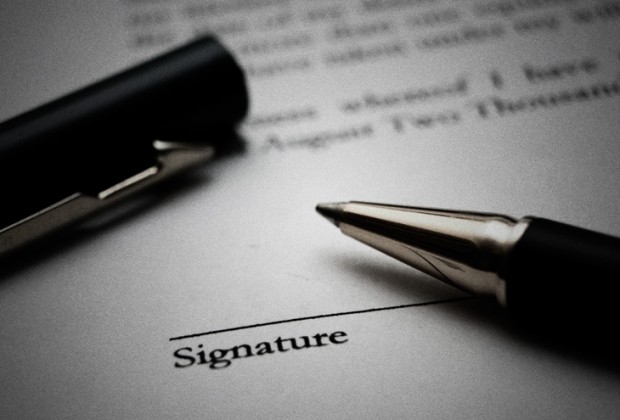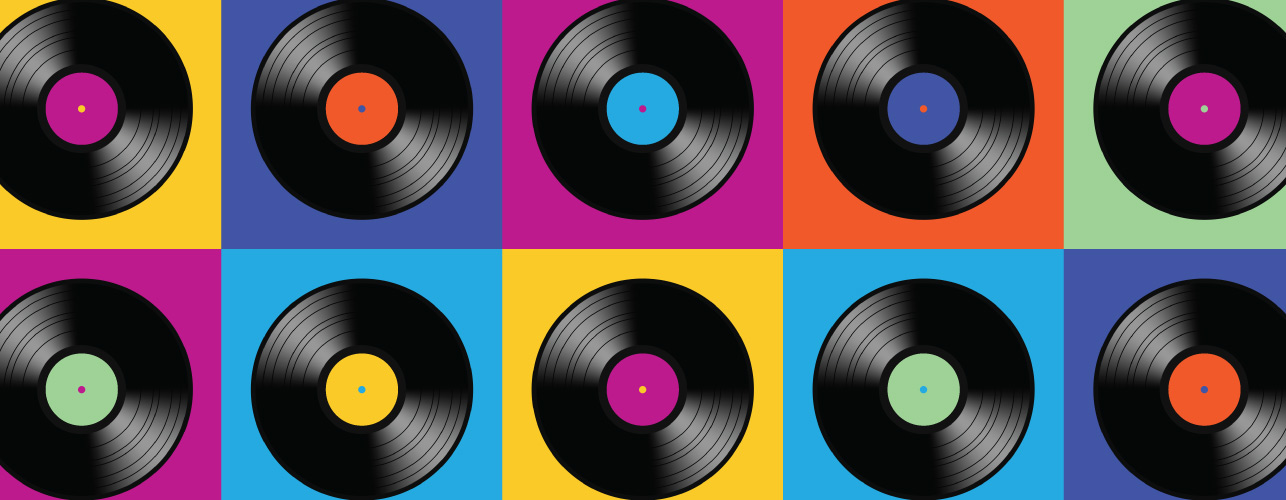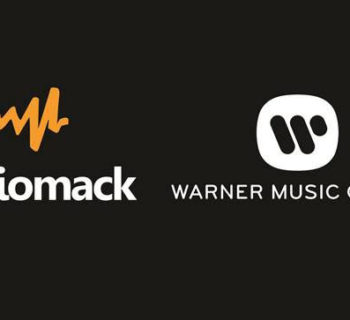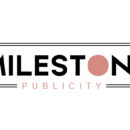Whether you’re an artist, songwriter, manager, music producer, independent record label or music publisher, you want to do everything possible to avoid disputes. No one wants to deal with the lost time, expense and stress they entail. This article specifies the steps you can take to avoid these problems.
INVESTIGATE PARTIES: Check out the people you are dealing with. For instance, if you are considering hiring a music producer, research his or her reputation. Your research can start with the basics—Googling the person and reviewing their website. Also, try to speak to other people in the music business about the person’s reputation for honesty and integrity. You simply can’t rely on someone you meet at Starbucks who tells you he “just produced a hit for Rihanna, but I got cheated out of my credit.”
EDUCATE YOURSELF: Learn as much as you can about the music biz by, for instance, reading magazines and sites like Music Connection, newspapers and books, taking classes, attending music conferences and finding a mentor.
GET CONTRACTS IN WRITING: Although most oral contracts are enforceable, their existence is more difficult to prove in court. Written contracts can force the parties to clarify potential disagreements. They can also help avoid honest misunderstandings. Watch out for the situation where someone tells you not to waste time and money on preparing and negotiating a contract and that you should just trust them.
UNDERSTAND YOUR CONTRACTS: Make sure you understand all terms and conditions of your contracts. And remember, most contracts are negotiable. Do not let yourself be pressured into signing a contract before you have had a chance to read and understand it and have it reviewed by an experienced attorney. Make sure your contracts specify exactly what you will be doing, what you will be paid (or paying) and when.
HAVE AN ARBITRATION CLAUSE: Include a binding arbitration clause in most contracts so if there is a dispute, it will be arbitrated, not litigated in court. Usually, if the case is arbitrated, the attorney’s fees will be reduced, and you will obtain a faster resolution of your dispute. There are arbitration companies such as ADR and JAMS that you can designate in your contract as the company to use, and they will provide you with a choice of retired judges to act as arbitrators.
HAVE AN ATTORNEY’S FEES PROVISION: Have your contract provide that the prevailing party in any dispute will be entitled to recover their reasonable attorney’s fees and costs from the losing side. This type of provision will usually be beneficial if a dispute arises (if you win the dispute!).
HAVE AN ATTORNEY REVIEW YOUR CONTRACTS: Use an experienced attorney to review and negotiate your contracts. The attorney should have experience in the type of contract you are negotiating. For instance, not all entertainment attorneys have experience with music contracts. Many specialize in film and TV only.
MAKE SURE TO CLEAR MUSIC RIGHTS: Make sure you clear any and all music rights (to the masters and the compositions) and samples.
DOCUMENT AS MUCH AS POSSIBLE: For instance, if you are performing at a small club and there will be no written contract, at least try via email to confirm your agreement regarding what you will be doing and what you will be paid (and when).
KEEP COPIES: Keep copies of all pertinent agreements, emails, letters, notes, phone messages, etc. This will help you prove your case in the event of a dispute. Don’t be caught in a situation where you lose helpful evidence because you lose your cell phone or your computer crashes.
BE AWARE OF THE STATUTE OF LIMITATIONS: The statute of limitations (in California) for a written contract is four years; for an oral contract, two years; and for fraud, three years. If you fail to file your lawsuit within the required time, you will lose the right to recover for your damages.
WARRANTIES AND REPRESENTATIONS: These are promises a party to a contract makes to the other party. Try to limit your own warranties and representations. For instance, try to add the phrase “to the best of my knowledge and belief” to any warranties you agree to.
COPYRIGHTS: Registration with the Copyright Office is not necessary to be entitled to a copyright, but additional remedies are available if you do so (such as attorney’s fees and statutory damages if you win a copyright infringement lawsuit). When you are working with others to create original music, document who will be the owner of the copyright.
AVOID CLAIMS OF COPYRIGHT INFRINGEMENT: An idea is not copyrightable. However, the expression of an idea is. Make sure your music is original. Recently, the Marvin Gaye family won a multi-million dollar copyright infringement case that claimed the song “Blurred Lines” (written by Pharrell Williams and Robin Thicke) infringed on the Marvin Gaye song “Got to Give it Up.” This demonstrates how costly it can be if your music is determined to infringe on someone else’s.
ALWAYS BE OPEN TO SETTLEMENT: A settlement will cut off your attorney’s fees and you will have a definite resolution of the dispute. One time I went through an entire trial for a client, and right before the judge rendered his decision the other side and I settled the case. Remember, a settlement usually involves a compromise. Sometimes you can agree to a mediation of your dispute. This is a settlement conference (usually with a retired judge or experienced attorney) who will listen to both sides and try and get them to agree on a settlement. It differs from a binding arbitration in that the mediator can make a recommendation but does not render a decision.











